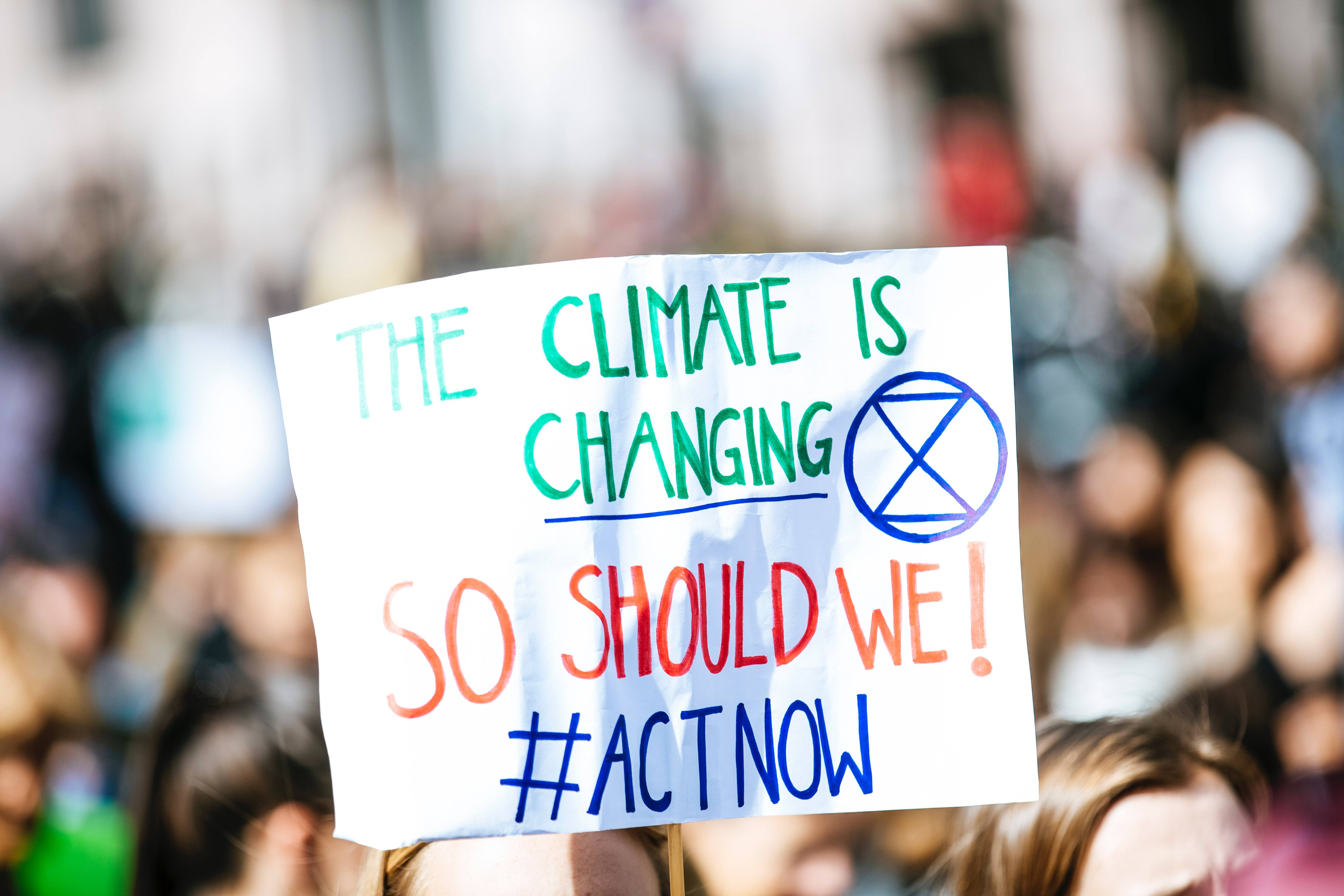How to Create More Inclusive Climate Action

When we think about the climate crisis, global warming comes to mind. Just the thought of it is sobering, but the truth is that the climate crisis involves more than this - it has intrinsic roots in society's marginalization of minority communities. In order to build a more just and sustainable world, we must shift priorities to create more inclusive climate action and:
- Acknowledge the boundaries of planetary resources.
- Harness our interconnectedness to uplift our economic systems.
- Work hand in hand with humanity and the environment.
This will lay the groundwork to approach the problem holistically, encompassing justice, equity, inclusion and diversity (JEDI), in order to affect change.
What is inclusive climate action?
Inclusive climate action is an innovative and systemic approach to address the global climate crisis with JEDI as a priority. It can be done by:
- Reducing the effects of climate change on the most marginalized communities.
- Ensuring the benefits and burdens of climate action are distributed equitably.
This is an approach that will provide economic, environmental and social benefits for all.
Why is inclusive climate action important?
Climate change harms not only the environment but also the most vulnerable members of society. These marginalized people take the brunt of the problems of climate change, which are largely created by the privileged members of society. For example, in the US people of color are disproportionately affected by air pollution compared to white people.
This is why inclusive climate action is so imperative. It is a roadmap for addressing the environmental crisis and its looming effects on vulnerable groups and the economy. The Inclusive Climate Action (ICA) program provides cities with the tools to take action. It provides a platform that will:
- Enhance thought leadership of mayors.
- Improve best practice exchange between cities.
- Assist cities with ambitious climate action plans.
- Provide ground-breaking research.
What are the benefits of inclusive climate action?
When we as a society recognize how the environment and humanity are intertwined, both can begin to improve. The benefits of inclusive climate action are far-reaching:
- Environmental action.
- Clean air and water.
- Sustainable agriculture and forestry.
- Climate change mitigation.
- Social equity.
- Improved health and wellbeing.
- Gender equity.
- Reduced inequalities.
- Economic opportunity.
- Corporate social responsibility.
- Improved working conditions.
- Entrepreneurship and new jobs.
These benefits are not hypothetical either. There is an effort within the US to take action now. This year, US President Joe Biden proposed a $2 trillion plan for the US to be at net-zero carbon emissions by 2050, in addition to the following actions:
- Create one million new jobs to rebuild the country's infrastructure.
- Create one million new jobs developing electric vehicles.
- Generate hundreds of thousands of jobs in climate-smart agriculture.
- Ensure environmental justice.
- Improve the lives of those impacted by climate change.
Best practices for inclusive climate action for businesses, governments, and communities
As more people and businesses recognize their responsibility to the environment and to their fellow community members, they are starting to affect change. The C40 Cities report highlights a few of the ways that communities and governments are starting to make a difference:
- Cape Town’s commitment to energy-efficient homes.
- New York City’s Cool Neighborhoods project to address urban heat.
- Barcelona’s plan for environmental justice.
- Los Angeles’ BlueLA project for sharing electric cars in low-income neighborhoods.
Together, businesses, governments, and communities can also:
- Lessen their dependence on fossil fuels.
- Embrace sustainable energy solutions such as wind and solar.
- Protect rainforests through sustainable practices.
- Move to electric vehicles.
- Develop a smart grid.
- Be more conscious of how they use energy.
- Work with local non-governmental organizations.
- Protect those who are directly impacted by inequitable climate practices.
- Don't ignore the science of facts.
Learn More
Net Impact is committed to building a more just and sustainable future for all and not just the select few. To share in our mission, check out our Regenerative Economy series.


-2.png?width=352&name=blog_banner%20(2)-2.png)

